Over 40 Years After Her Iconic 'The Dinner Party' Debuted in San Francisco, Judy Chicago Gets a Major Retrospective
- SAN FRANCISCO, California
- /
- October 14, 2019
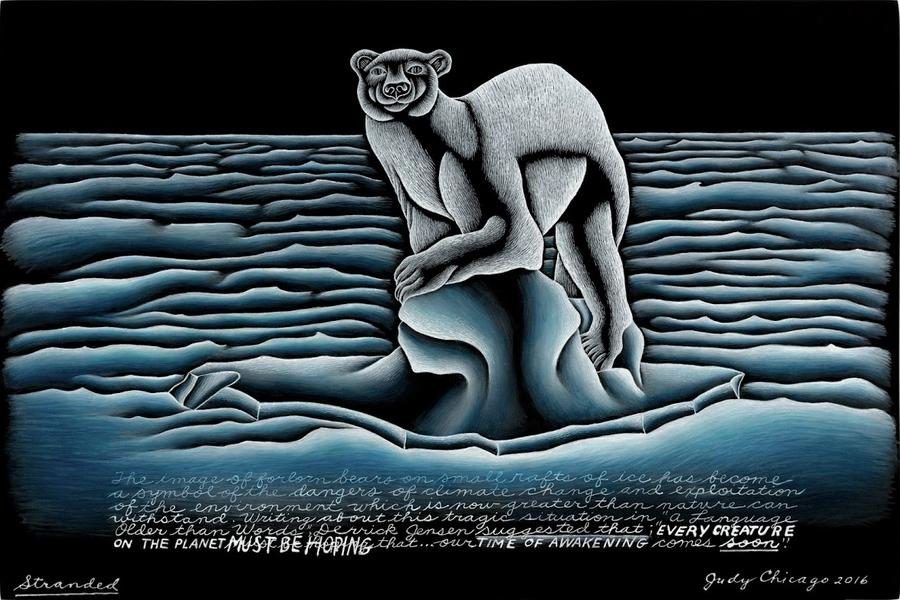
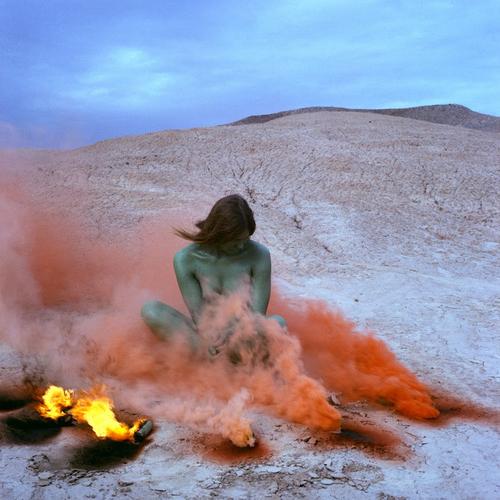
The Fine Arts Museums of San Francisco celebrate pioneering feminist artist Judy Chicago with the first retrospective of her work in 2020. Spanning from her early engagement with the Californian Light and Space Movement in the 1960s to her most current body of work—a searing investigation of mortality and environmental devastation—the exhibition will include about 150 paintings, drawings, ceramic sculptures, prints, and performance work that chart the boundary-pushing path of the artist. Organized on the heels of the 40th anniversary of the first presentation of Chicago’s iconic work The Dinner Party in San Francisco, and presented in conjunction with the 100th anniversary of women’s right to vote across the US, Judy Chicago: A Retrospective pays homage to an artist of exceptional foresight and consequence, whose lifelong fight against the suppression and erasure of women’s creativity has finally come full circle. Judy Chicago: A Retrospective will be on view May 9 through September 5, 2020.
For decades Chicago operated on the margins of the contemporary art world, her work shunned by most critics and institutions, and her evolution as an artist eclipsed by the notoriety of The Dinner Party. Though that work has since received recognition as one of the iconic artworks of its time, Judy Chicago: A Retrospective is the first exhibition to offer a comprehensive overview of Chicago’s career.
“Judy Chicago: A Retrospective brings to the fore the continued radicality of Chicago’s practice, both in terms of her choice of subject matter and embrace of media traditionally excluded from the art historical canon,” says Claudia Schmuckli, Curator in Charge of Contemporary Art and Programming at the Fine Arts Museums of San Francisco. “To this day, her art is activist in its foundations. It is an empathetic project driven by the need and desire for social justice and an insistence on aesthetic strategies that don’t require knowledge of art history or critical theory to be legible while being deeply inscribed in both.”
500x499.jpg)
Judy Chicago: A Retrospective reveals the consequence and rigor with which the artist has reformatted and applied the formal and conceptual strategies she first developed in response to 1960s Minimalism throughout her oeuvre. The exhibition brings together representative selections of her early work inspired by the Light and Space Movement; paintings from The Great Ladies (1972–1973) and Through the Flower series; drawings and studies for The Dinner Party (1974–1979); works from different series including The Birth Project (1980–1985), PowerPlay (1982–1987), The Holocaust Project: From Darkness into Light (1985–1993), and Resolutions: A Stitch in Time (1994–2000); and Chicago’s latest endeavor The End: A Meditation on Death and Extinction (2015–2019). Also on view will be archival materials elucidating her extensive process of research and development.
Judy Chicago: A Retrospective is organized by Claudia Schmuckli, Curator in Charge of Contemporary Art and Programming at the Fine Arts Museums of San Francisco.






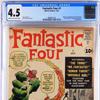





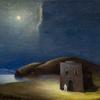
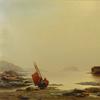
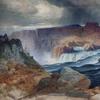
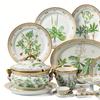
![Ernest Childers (Muscogee [Creek]) receives the Congressional Medal of Honor from Lieutenant General Jacob L. Devers (left). 5th Army headquarters, April 8, 1944. Ernest Childers (Muscogee [Creek]) receives the Congressional Medal of Honor from Lieutenant General Jacob L. Devers (left). 5th Army headquarters, April 8, 1944.](/images/c/64/34/Jan24_smithsonian1100x100_n.jpg)